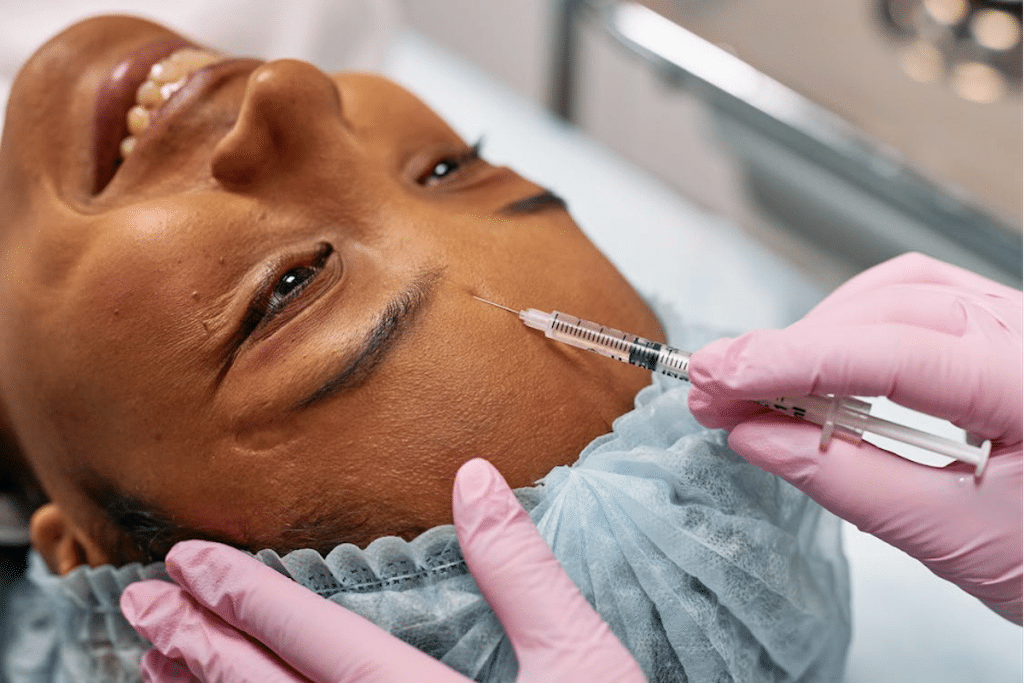Botox has long been viewed as simply a cosmetic treatment to reduce the appearance of wrinkles. However, emerging research suggests that Botox may also provide a psychological and emotional “lift” for some patients. In recent years, small studies have indicated that Botox injections can improve symptoms in people with depression and body dysmorphic disorder. As more research confirms these mental health benefits, Botox may soon be viewed as much more than a cosmetic fix.
Botox for Depression
Several studies have indicated that Botox injections that have been performed by a clinic like martinacollins.com may alleviate depression symptoms. In a trial conducted at the Medical College of Wisconsin in the United States, 30 people with major depressive disorder were randomly assigned to receive Botox injections or a placebo saline injection. 24 weeks later, participants in the Botox group saw a significant reduction in depression symptoms whereas the placebo group did not.
Researchers believe that by paralysing facial muscles, Botox may prevent the reinforcement of negative emotions. Frowning and scowling can send signals back to the brain that intensify sadness and depression. By relaxing facial muscles and limiting frowning, Botox interrupts this negative feedback loop. There are also theories that Botox reduces inflammation in the brain, which may ease depressive symptoms.
Botox for Body Dysmorphic Disorder
Botox also appears to alleviate the symptoms of body dysmorphic disorder (BDD) – a mental health condition marked by obsessive focus on perceived flaws in physical appearance. Several studies have found that people with BDD improve after receiving Botox treatment targeted at the specific body areas that cause distress.
Understanding the Mind-Body Connection
The growing evidence that Botox could alleviate mental health conditions reveals a close connection between the mind and body. For many people seeking cosmetic treatments like Botox, looks are tightly intertwined with inner emotions. People may feel that a perceived physical flaw is behind feelings of anxiety or sadness.
This mind-body interaction helps explain why a physical treatment like Botox can lead to psychological improvements. When appearance aligns more closely with self-image, it seems to lift away distress. This lift then cascades, easing the grip of disorders like depression and body dysmorphia.
As the stigma around cosmetic treatments fades, more people may begin exploring procedures like Botox not only for physical changes but for emotional well-being. The mind and body are profoundly interlinked, and improving one aspect can truly uplift the other.
Seeking Treatment
For those struggling with conditions like depression or body dysmorphic disorder, Botox may offer a new treatment option alongside counselling and medication. As the research continues to accumulate, access to Botox for mental health purposes may expand.
While best known for its cosmetic uses, Botox also shows early promise as a way to boost mental health and well-being. Small-scale studies indicate it may have mood-boosting benefits for people with depression or body dysmorphic disorder. As researchers continue investigating, this beloved wrinkle-relaxer may turn out to offer far more than a quick beauty fix.
